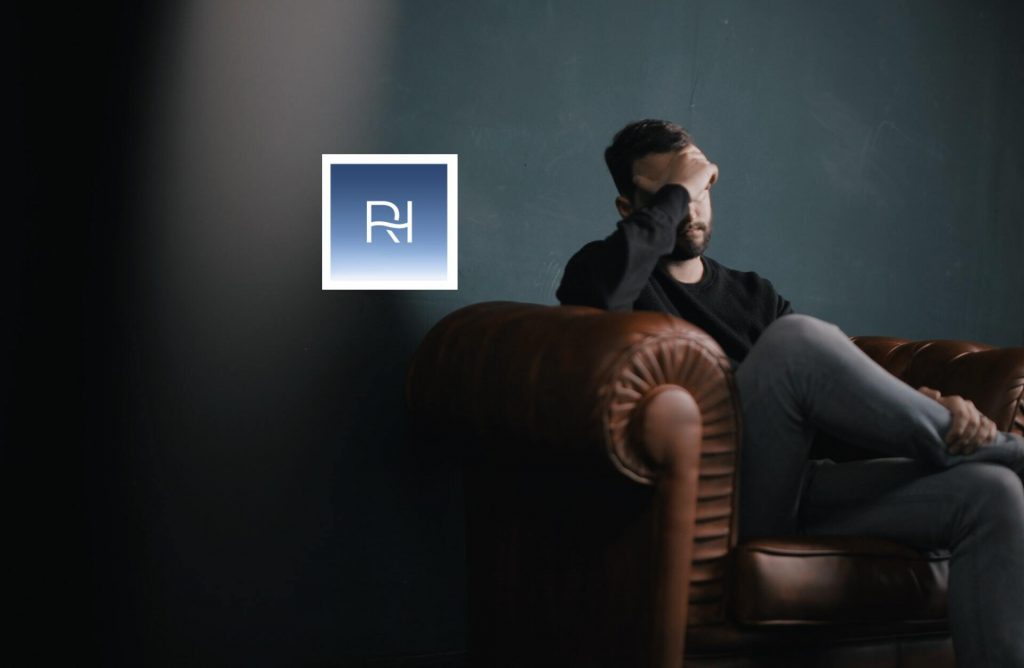What I’m Reading
Stressing Out: Fitch Ratings published a stress test that concluded, in a worst case scenario, office values could fall 50% if remote work sticks. Fitch ran various stress scenarios ranging from moderate to severe to determine how telework would impact demand, rent and net cash flow on 2012-2020 vintage office CMBS transactions:
The moderate stress scenario assumes employees work remotely 1.5 days per week, resulting in a 20% decline in office workers and a 10% decline in office space demand, reflecting our expectation that space may not shrink in direct proportion to the reduction in workers in the office. The severe scenario doubles these assumptions. We assume rents decline at 1.25x the decline in space demand, as increased vacancies magnify declines in rent levels.
The two stress scenarios result in declines in net cash flow of 15% and 30% under the moderate and severe scenarios, respectively. The two scenarios use cap rates from Fitch’s most recent surveillance review, 7.23% on average, which are significantly higher than the appraisal cap rates at loan origination, which are 4.73% on average.
These assumptions result in average market-value declines from at-origination appraised values of approximately 44% and 54%, respectively, for moderate and severe scenarios. Were these declines in value to occur, downgrades are possible, with 25% and 55% of investment-grade bonds potentially moving to below investment-grade under the moderate and severe scenarios, respectively. The stresses applied in our current rating analysis already reduce property values by 38% on average.
This is pretty extreme but certainly not impossible, especially in dense urban markets if remote work continues to gain hold after the pandemic ends. Only time will tell. Fitch Ratings
Much Ado About Nothing? States expected COVID-19 to bring widespread tax shortfalls, instead tax revenues came in only slightly lower, according to the State and Local Finance Initiative at the Urban Institute, a Washington, D.C., think tank. Wall Street Journal
Wild Card: US industrial real estate has had an amazing run since COVID accelerated the trend towards e-commerce years ahead of projections. Now that the pandemic is nearing an end, the big question is whether online sales growth continues, plateaus or slows down. Bisnow
Long Road Back: Distressed hotel owners may need to wait until 2024 in order to see a full rebound according to a new report from CoStar Risk Analytics. The data firm predicts distressed hotel asset values will recover at least 50% of their recent losses by 2023, and be back to pre-pandemic valuation levels by 2024. The big question: how long will lenders be willing to modify and offer forbearance? Bloomberg
Hot Spots: Housing markets in vacation destinations and relatively affordable suburbs of big cities have heated up more than any other area over the last year, a time period that starts with the onset of the coronavirus pandemic in the U.S. Redfin
Chart of the Day
Find yo’ self someone who looks at you the way that the Federal Reserve looks at Treasuries.

Source: Financial Times
WTF
Obviously: Things have gotten so crazy in the SPAC world that the SEC felt it necessary to issue a warning not to invest in one just because a celebrity is backing it. I prefer to take this a step further: don’t do ANYTHING because a celebrity told you to. Reuters
Easy Money: An artist who goes by Beeple sold an NFT of his work sold for $69 million at Christie’s. The sale positions him “among the top three most valuable living artists,” according to the auction house. Beeple, whose real name is Mike Winkelmann, had never sold a print for more than $100 before October 2020. In related news, I’m going to start screenshotting the hottest takes on here and selling them as NFTs. Starting bid: 100 Dogecoin. The Verge
Basis Points – A candid look at the economy, real estate, and other things sometimes related.
Visit us at RanchHarbor.com

